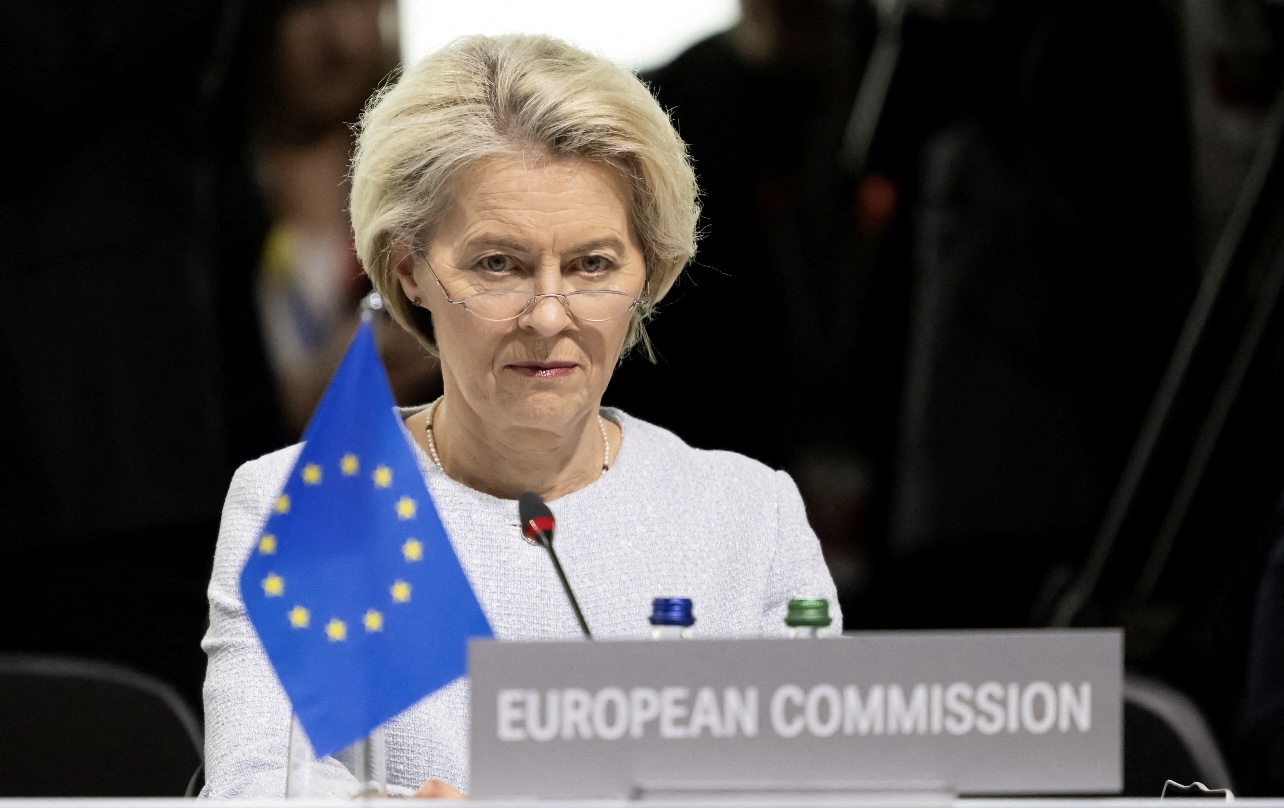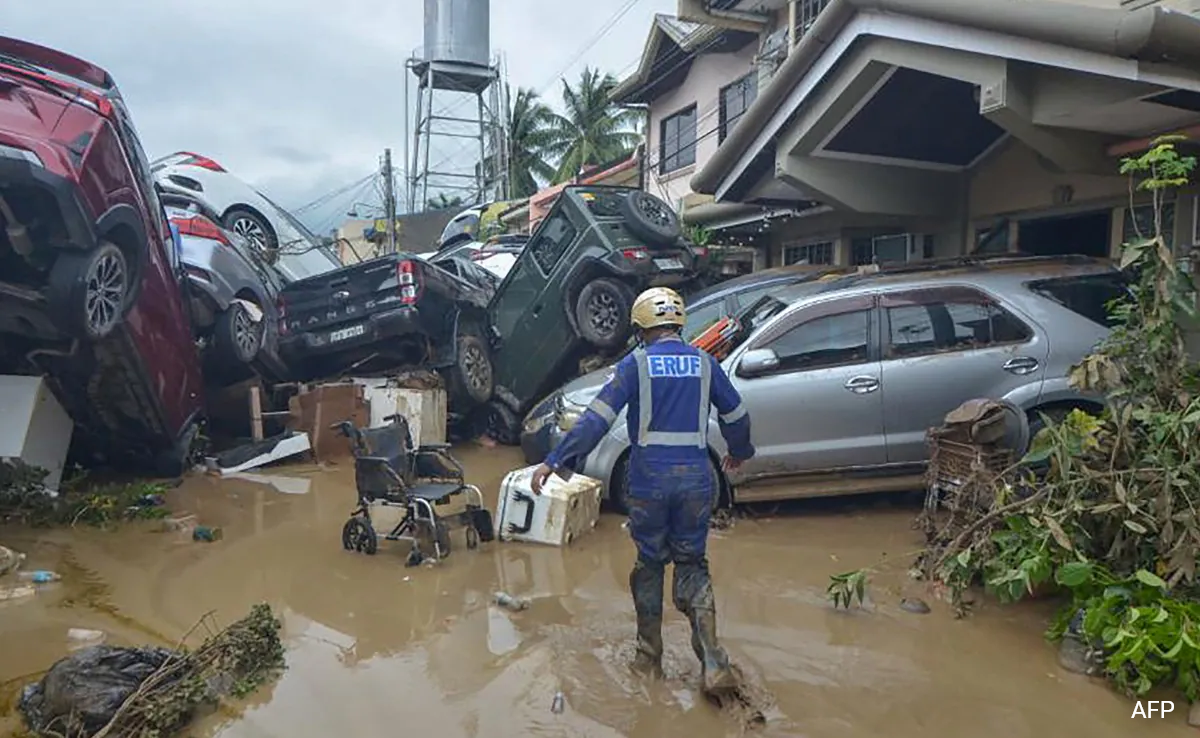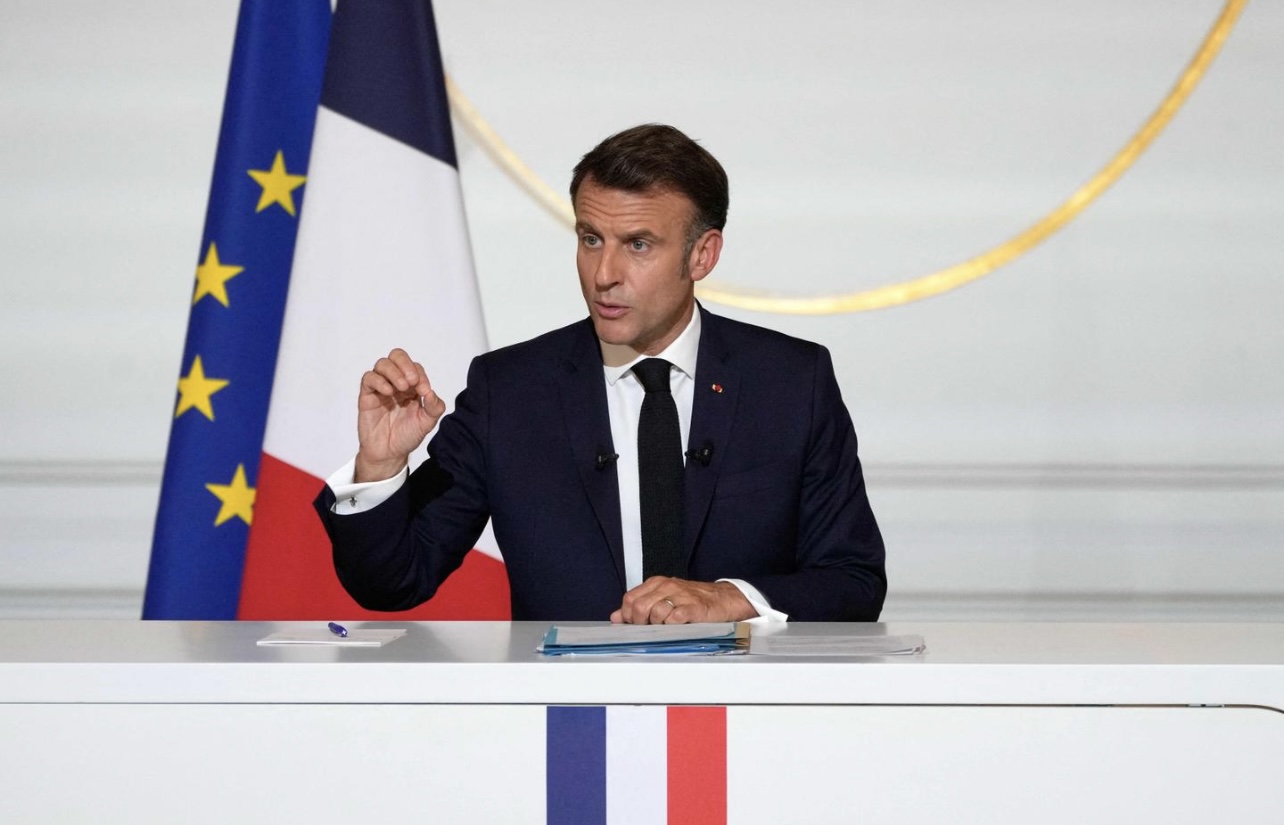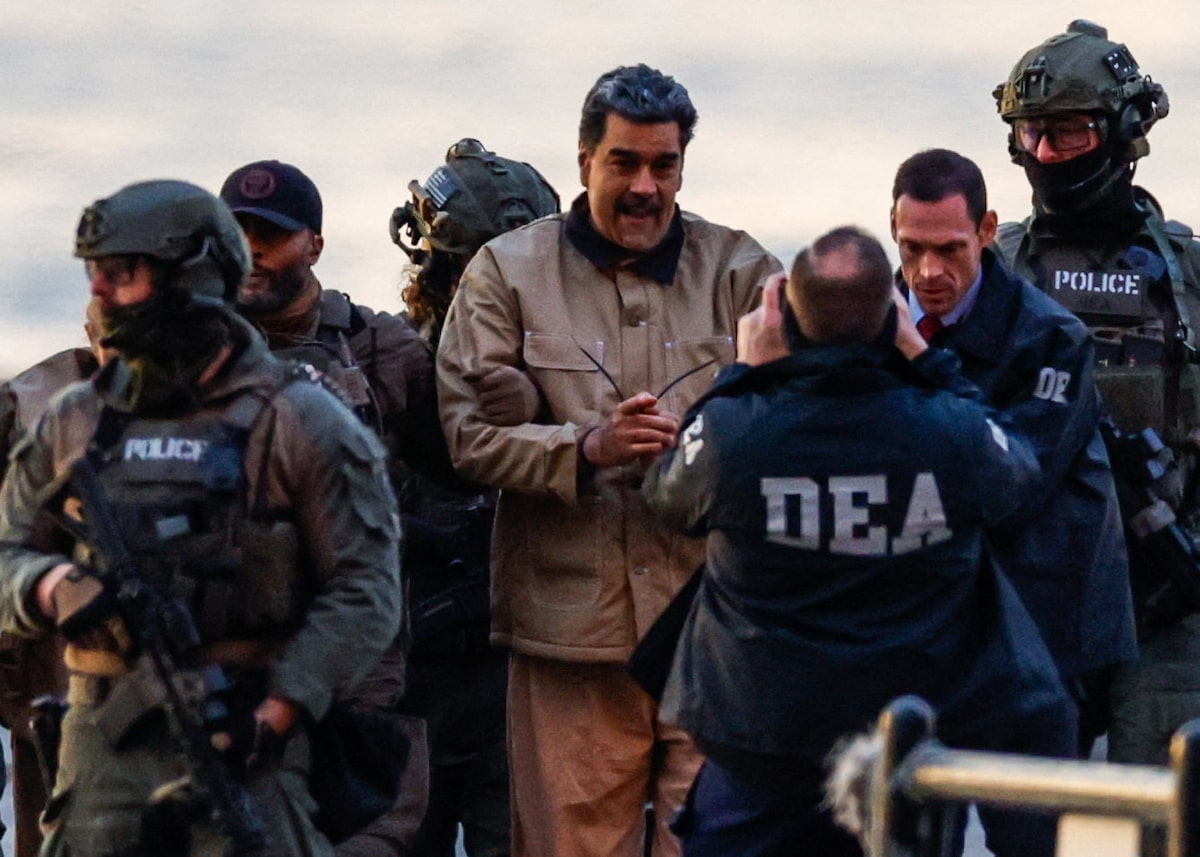A plane transporting European Commission President Ursula von der Leyen was subjected to GPS jamming while attempting to land in Bulgaria on Sunday, according to a spokesperson for the Commission. Bulgarian authorities suspect that the interference was orchestrated by Russia, a claim relayed by European Commission Deputy Chief Spokesperson Arianna Podestà. The Kremlin, however, rejected the accusation, with spokesperson Dmitry Peskov telling The Financial Times that the information was inaccurate.
Despite the disruption, the aircraft landed safely. Sources familiar with the incident reported that the pilots resorted to paper maps to complete the landing at Plovdiv International Airport in southern Bulgaria. The event occurred during von der Leyen’s tour of eastern EU member states aimed at rallying support for Ukraine. As a strong advocate for Kyiv in its resistance to Russia’s aggression, she has consistently urged EU governments to expand their assistance and had recently participated in U.S. President Donald Trump’s summit on Ukraine.
The Commission underscored that the episode highlighted the urgency of von der Leyen’s mission to frontline EU states, where she has observed the daily threats posed by Russia and its proxies. While the flight was a charter, it remains unclear whether it was directly targeted. GPS interference, a tactic frequently attributed to Russia, has long been recognized as part of its hybrid warfare strategy. Scandinavian and Baltic authorities have repeatedly reported such jamming activity, and a joint Polish-German research effort concluded that Russia employed ships and its Kaliningrad enclave to conduct these operations.
The European Union has previously imposed sanctions on Russian individuals and entities linked to GPS jamming. Following the incident, Commission officials reiterated their resolve to strengthen Europe’s defense capabilities and support for Ukraine. Von der Leyen’s visit to Bulgaria formed part of a broader diplomatic tour through member states bordering Russia, Belarus, and the Black Sea—intended to demonstrate unity and resilience amid Moscow’s continued attacks on Ukrainian cities and its obstruction of peace efforts.
During her stops, Latvia and Finland on Friday, Estonia on Saturday, and Poland and Bulgaria on Sunday, with Lithuania and Romania scheduled for Monday von der Leyen emphasized the need for urgency. Speaking in Sofia before the incident was publicly disclosed, she asserted that Russian President Vladimir Putin remained unchanged in his aggressive posture, describing him as “a predator” who could only be deterred through firm resistance.



